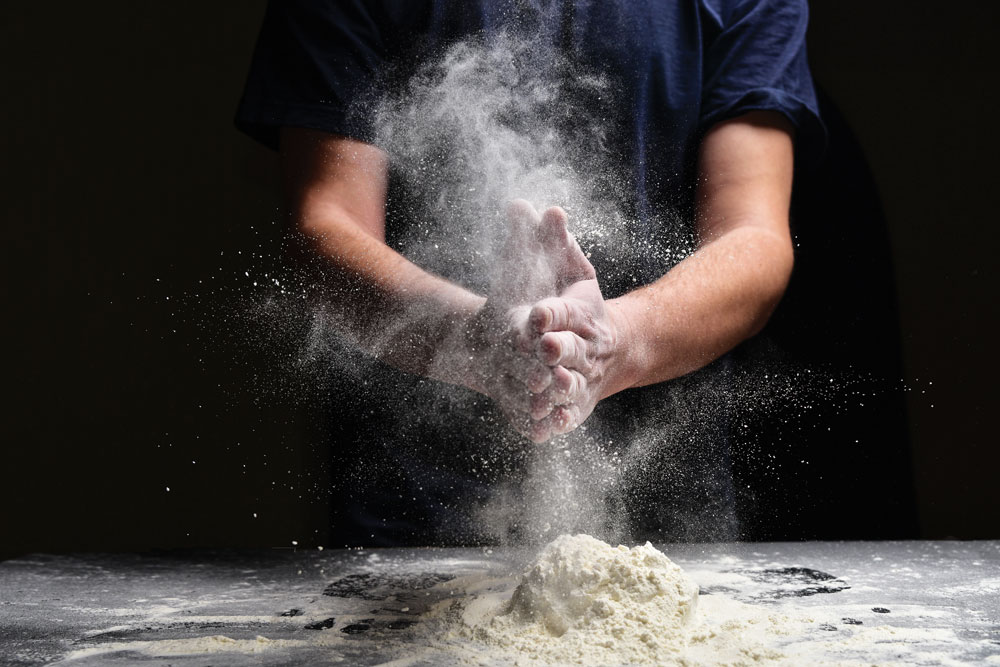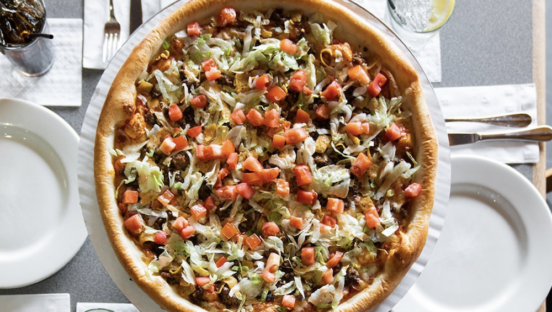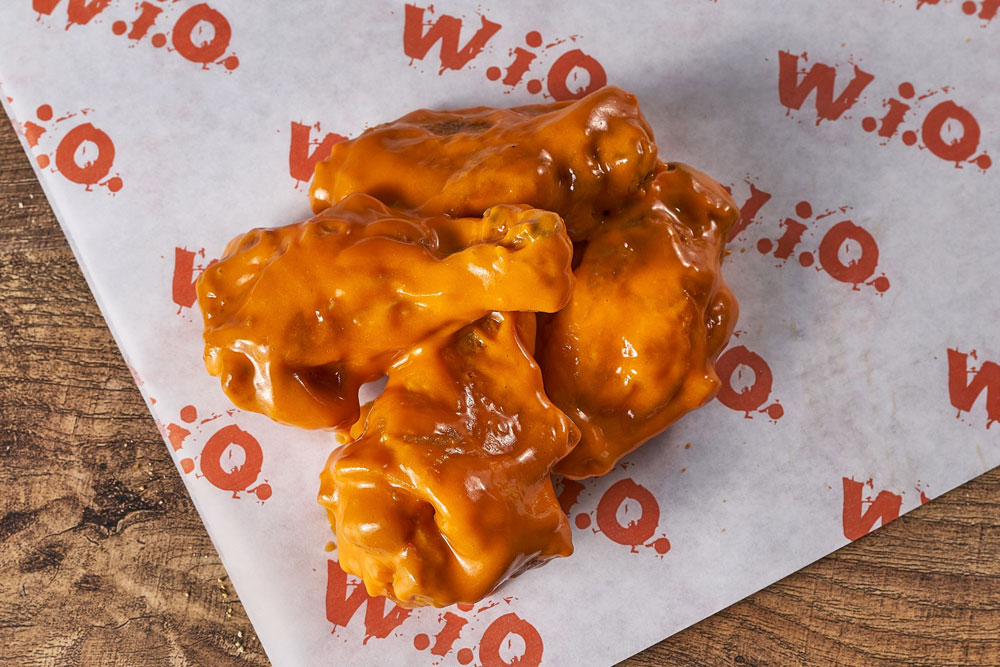We hear a lot about “00” flours and how they make great pizzas. Some pizzeria owners believe that simply switching over to a “00” flour will make their pizzas superior or, at least, better than they already are. Unfortunately, that isn’t necessarily the case. “00” flours are indeed good flours and will make delicious pizzas, but there are a few things you need to know about them first.
1) The Soft Wheat Factor
So, what makes the “00” flours unique? The single most important difference is that they are typically made using varieties of soft wheat flour. Soft wheat flours differ from the American and Canadian hard wheat flours from which our regular pizza flours are made. The gluten structure developed from soft wheat flours is typically more extensible, which makes the dough easier to open into a skin with less dough memory/snap-back. At the same time, though, you may find that doughs made with “00” flour do not exhibit the fermentation tolerance of your regular pizza flour. That means you need to proceed cautiously to determine if the use of a “00” flour will require any changes in your dough management procedure or in how you handle leftover dough at the end of the day.
2) Differences in Performance
Keep in mind that all “00” flours are not the same. Some are designed to perform with less than 12 hours of fermentation time, which is suitable for making same-day doughs, while others are designed for longer fermentation times, usually in the 24- to 48-hour range. So make sure you take a close look at the “00” flour performance characteristics before clicking on “buy now.” (Contrary to popular belief, by the way, “00” flour doughs can be baked in any type of oven suitable for baking pizzas. Your dough just needs to be formulated properly for the application.)
3) The Malt Is Missing
“00” flours typically are not treated in any way, which means they are not malted either by addition of diastatic malt or enzymes. Hence, this type of flour might not support long fermentation times unless you add malt or sugar to the dough formula. It also means that if your dough formula doesn’t include any milk, sugar, eggs or malt and your oven doesn’t bake at temperatures above 600°F to 700°F, you’re probably not going to get too much crust color development on your pizzas with “00” flour. More recently, however, we have seen “00” flours designed specifically for the American market. Some of these are, in fact, malted, making them a potentially better replacement for the flour that you are already using.
4) Opening “00” Dough Balls
What about the way we open our dough balls? In fact, pizza doughs made with the correct “00” flour will open very easily. Additionally, those aforementioned soft and extensible dough properties can be put to good use if you happen to open your dough using one of the pressing methods. Just remember that you will want to reduce the amount of dough-reducing agent, such as L-cysteine or dead yeast, by approximately 50% and work up gradually to find the optimum level for your specific application.
It’s certainly possible to open “00” flour doughs using a dough sheeter/dough roller. But extreme care should be taken in determining the correct dough absorption for this application, since an overly soft and extensible dough can be extremely difficult to manage at the sheeter. With that said, you can use the sheeter to partially open the dough in preparation for hand tossing or table stretching. Since the dough isn’t being sheeted to full diameter, there is greater tolerance to a soft and extensible dough, and the dough piece is much easier to handle after passing through the sheeting rolls. After that, it is ready to be manually opened to full diameter.
5) They’re not cheap.
When it comes to “00” flours, there are both domestic as well as imported versions, and, not surprisingly, the imported flours generally command a premium price. If you have a commissary operation, the price and fermentation limitations may not fit well into your operating profile. On the other hand, if you are a small shop owner or an independent operator—or possibly even a multistore regional chain operator—“00” flour certainly has its merits.
So is “00” flour right for everyone? Of course not. It all depends on the kind of pizza you want to make and how much you can afford to pay for your flour. But it does have a reputation for quality and can help distinguish your pizzeria from competitors. Just keep in mind that you’ll have to learn how to work with it and know its limitations, from mixing through baking, to get the most out of your “00” flour.
The late Tom Lehmann was a leading pizza industry consultant and a regular contributor to PMQ Pizza Magazine. Prior to his retirement, he served as the director of bakery assistance for the American Institute of Baking. This article originally appeared in the March 2020 issue of PMQ Pizza Magazine.














